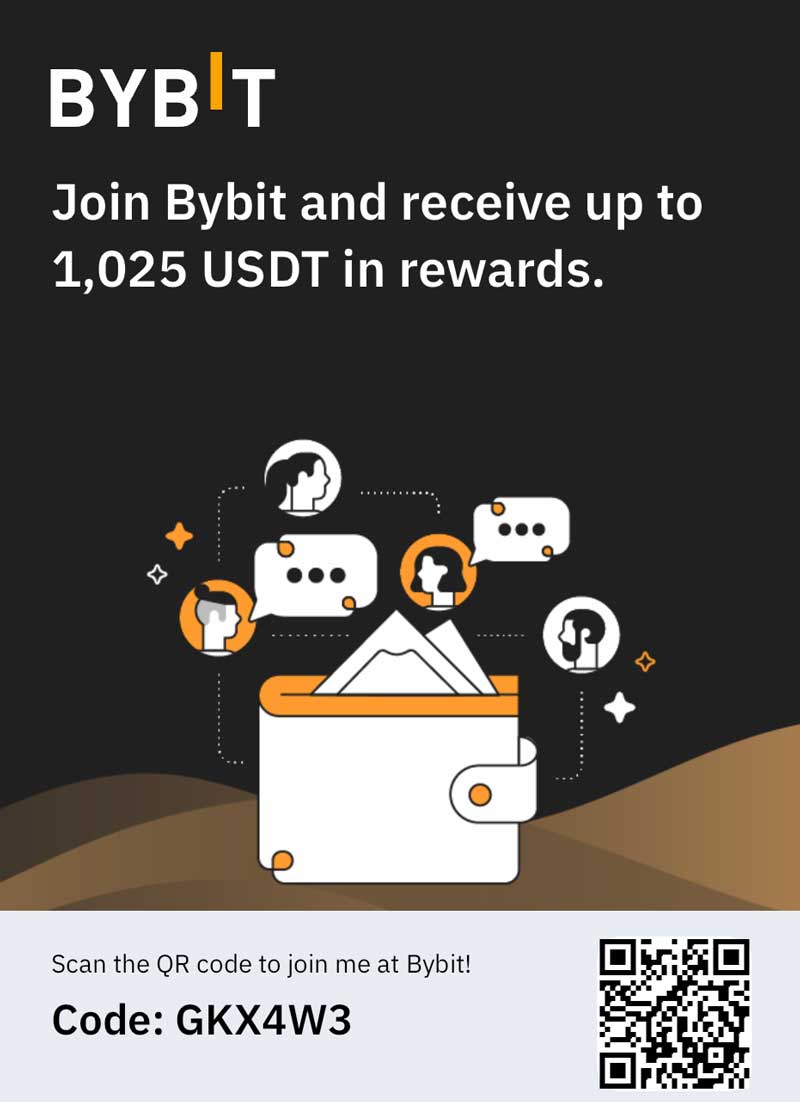The education system changes along with the society in which in it subsists, and there can be no doubt that digital technology has been changing our society in important ways. Almost all schools today across the world have computers, in numbers varying depending on the school and on the subjects being taught. But desktop computers themselves are becoming somewhat obsolete as standard consumer products. The future now belongs to tablets, which integrate all or almost all of the functions of a standard computer while bringing in a whole new level of comfort and interactivity.
Inevitably, then, the questions are raised – how would tablets fare in schools, and what would be the consequences of handing teachers and pupils these accessories?
Tablets themselves can be expected to deal with the requirements of school curricula with no problems to speak of. They have ample storage space to include a variety of school texts as well as the technical infrastructure to interact with this material quickly; if you want to see how much content a tablet can store and how it can be used to help boost productivity, you can look at the features listed in these BlackBerry PlayBook reviews. They also provide the significant environmental bonus of doing away with the enormous amounts of paper required in modern education. One of the great advantages of tablets is the possibility of downloading content gradually and in accordance to the user’s personal needs. Thus, new applications on the teaching of Mathematics or English can be integrated into the tablet as the school year progresses, with no need to republish a whole new edition of textbooks on the subject. The latest versions of tablets are now considerably advanced and come with standard application packages which allow users to perform most tasks related to work and leisure, abilities praised in another recent BlackBerry PlayBook review, this one published on The Verge.
The only problem with integrating tablets into education may be the slowness of the education authorities; technological innovations normally take a long time to be accepted by the bureaucracies of the state, and it may be a while before the advantages of tablets can be bestowed onto all schools. However, new business developments across the world may make this transition to tablets easier; in India textbook publisher Pearson has recently launched a tablet specifically adapted for use in schools.
In the meantime, tablets should be considered viable tools to be used in combination with standard methods of education. Those who worry about an excessive presence of tablets probably need not be concerned – we may expect that on the day these instruments are actually brought into schools, it will be done in conjunction (rather than to the detriment of) the more traditional teaching methods. In other words, kids will always be required to practice their handwriting and read actual printed books while simultaneously learning how to use the applications involved in new technologies.


